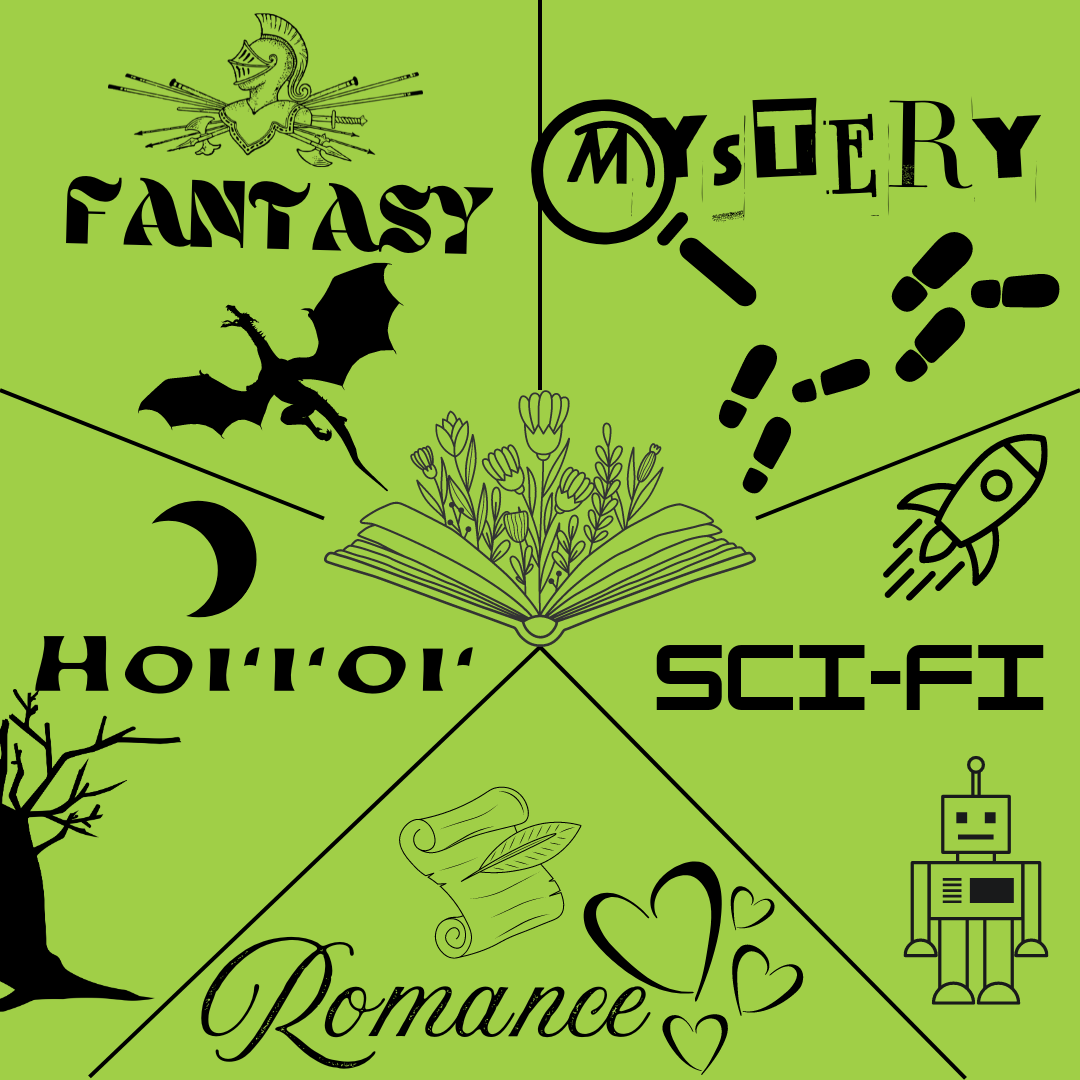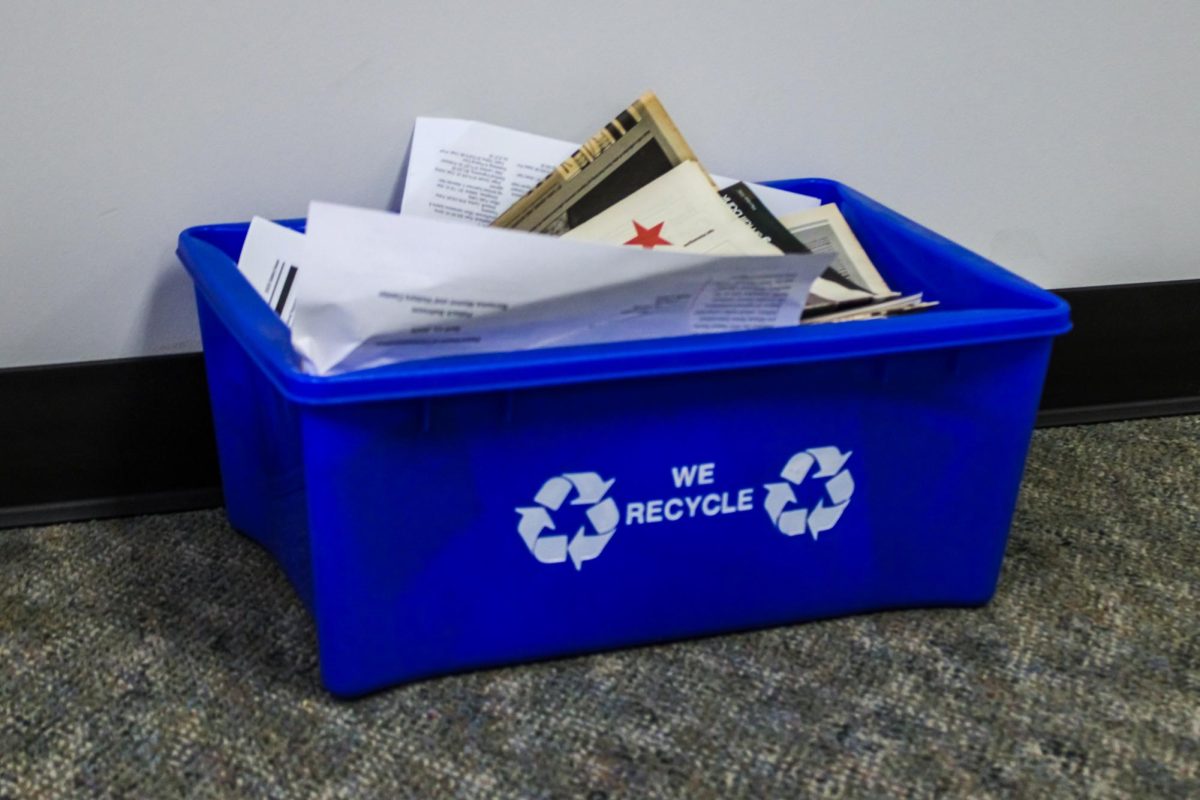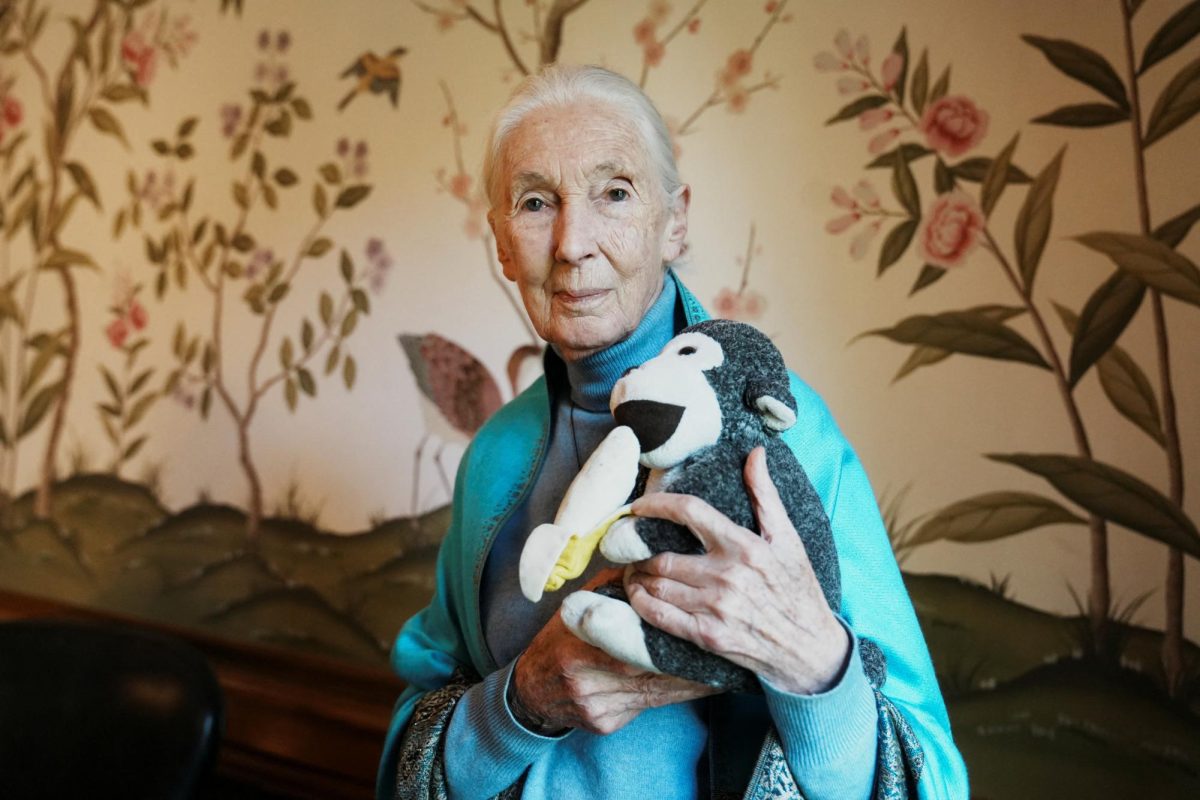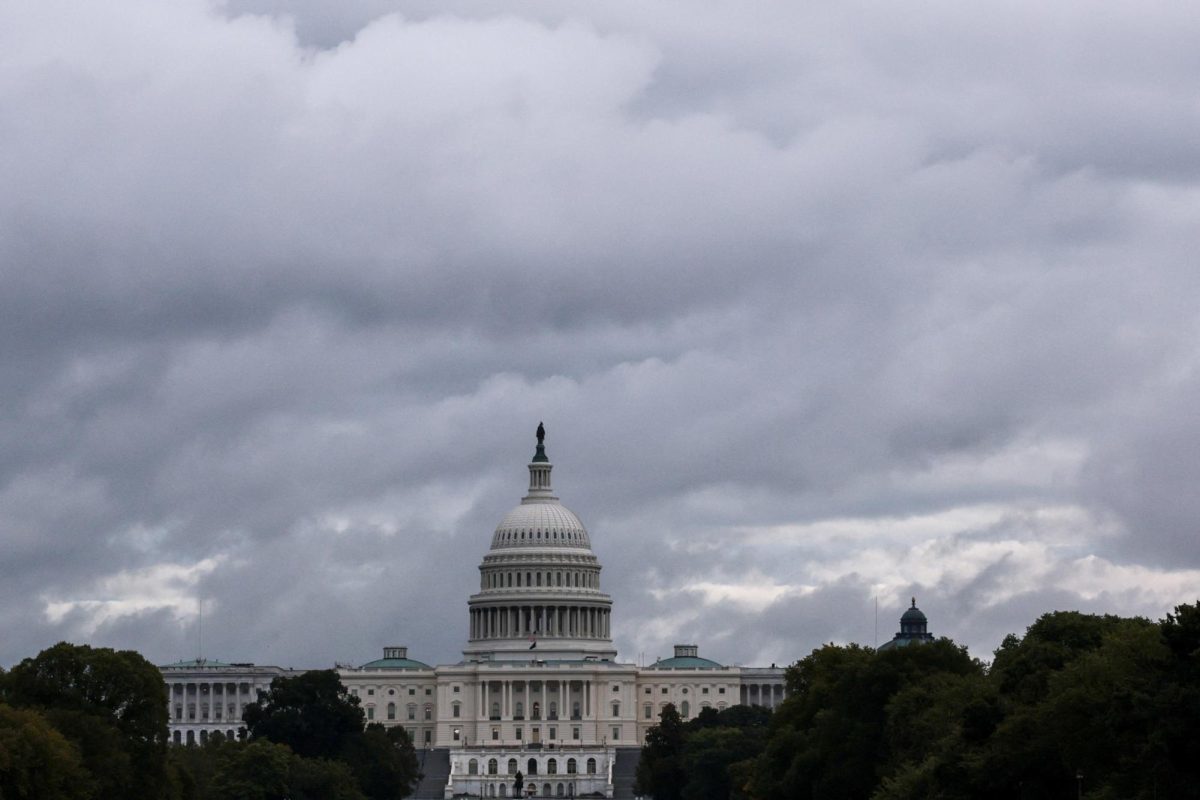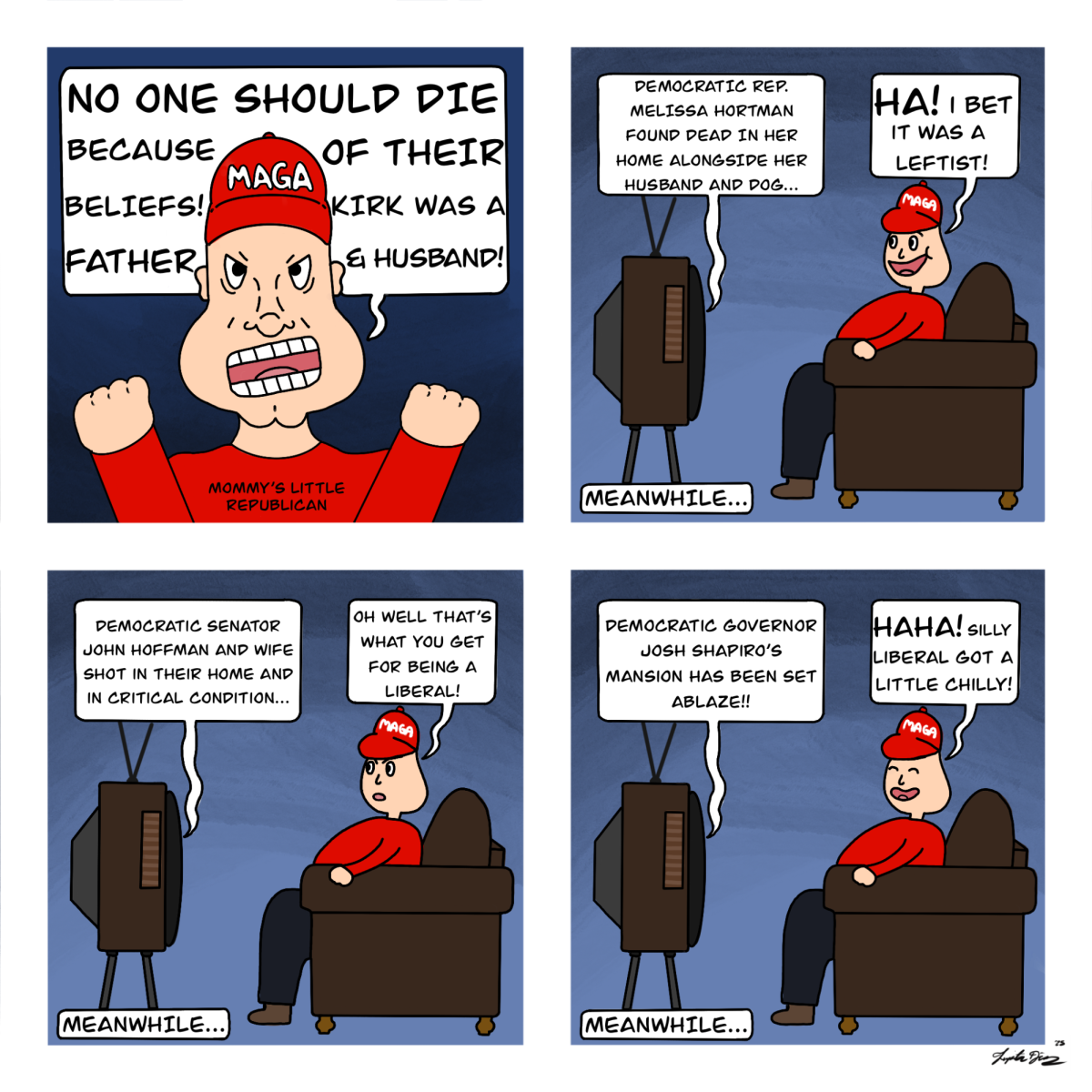Stories are strange and winding roads that can take us to many different places. Maybe that’s at the wheel of a great galleon ship being tossed between the waves, in the thick of battle with swords raised high, or aloft in a gnarled tree’s nook, gazing over a valley of flowers and sunshine.
In many ways, the versatility of literature is its greatest strength. Without it, we’d never feel that rush of curious excitement as we flip to the first page of a brand new book, not knowing what to expect.
Still, even within such a versatile medium, tropes are sure to emerge. Repeated ideas, themes, moods – they come part and parcel with each and everything we read, whether obvious or not.
At its core, that is what a genre is, a collection of tropes bound in a neat package.
From fantasy, with its dashing heroes and silver weapons, to mystery and its glum detectives stalking darkened streets, the range from genre to genre is quite intense, and that makes picking favorites an easy task.
The question is, what’s your favorite genre of fiction?
SCIENCE FICTION
Bleep-bloops and technical jargon abound, the science fiction genre takes the unknown of space and makes it known. Diving through galactic waves, engaging in shootouts with laser rifles, and wandering through towering alien civilizations are all staples of the sci-fi novel, which thrives in the creativity and boundless freedom the written language can allow.
Maybe you prefer the grounded approach to sci-fi, showcased in novels like William Gibson’s “Neuromancer,” which place the reader in grimy, neon-lit streets, infested with packs of cybernetically enhanced scoundrels.
Or maybe you’re partial to the classic, otherworldly epics in deep space, such as Frank Herbert’s “Dune,” which injects the genre with a healthy dose of political drama. Whatever the case, you’re sure to be met with a fascinating glimpse into the ever-approaching future.
MYSTERY
Flat caps, smoking pipes and devious cries of murder – the wholly unique style of the mystery novel, dripping in drama and intrigue, is recognizable anywhere. Whether you’re following the culprit as they stalk through shadowed streets and the detective following in their footsteps, there’s an undeniable thrill to be discovered in the genre’s patented game of cat and mouse.
Mystery is, of course, the home of literature’s most famed detective, Sherlock Holmes, whose many exploits have graced the silver screen countless times.
But there’s more to the genre than the adventurers of Holmes and Watson, one only needs to look at classics like “Crime and Punishment” by Fyodor Dostoevsky or modern entries like the wildly popular “Gone Girl,” by Gillian Flynn to notice its range.
FANTASY
Few genres have captured the imagination of so many like fantasy has after its popularization by J.R.R. Tolkien and his “Lord of the Rings” trilogy. From the simplest of journeys to the most staggering of adventures, fantasy has the unique quality of being totally unbound by the laws of reality, which so often dictate the stories that can and can’t be told.
Fearsome dragons, magical cataclysms, and one-eyed warriors are suddenly brought to life on the page by the genre, reveling in the creativity of its authors.
Fantasy is still going strong today, with the emergence of new masterpieces like Joe Abercrombie’s “The First Law” trilogy and Brandon Sanderson’s series of “Stormlight Archive” books constantly pushing the genre into bold new frontiers.
HORROR
We as people are obsessed with that which scares us. Bumps in the night, blood-curdling shrieks, monsters under the bed – ever since childhood, these things have put us on edge, and yet we keep running right at them, eyes closed in anticipation. The horror genre has mastered the balance between fright and curiosity, always keeping the reader invested enough to stick around for the next scare.
From the renowned works of Stephen King who has, fittingly enough, ruled over the horror genre since the release of his first book, “Carrie,” to the eclectic and disturbing “House of Leaves,” by Mark Z. Danielewski, horror can run a long gamut. The genre is not limited to the simple ghosts and ghouls people often attribute to it.
ROMANCE
In many ways the opposite of horror, romance novels are perfect for that warm, fuzzy feeling of butterflies in the stomach. This genre takes one of our most potent emotions and toys with it, stringing the reader along threads of drama, excitement and passion.
Recently, romance novels have exploded in popularity, thanks in large part to their prevalence in certain TikTok spaces, like BookTok. The burgeoning popularity of authors like Colleen Hoover, most famous for her book “It Ends With Us,” has helped lead to a massive swell in attention for the genre, but that doesn’t mean romance has never been acclaimed.
Jane Austen famously wrote many romance novels that are now considered amongst the greatest in American literature, like “Pride and Prejudice,” proving the genre to be more than many belittle it to be.
OTHER
Westerns, historical fiction, war stories, dramas and countless other genres can be discovered in the halls of any library, waiting to share their stories with you.
Sometimes, those without a taste for genre fiction find themselves reading books which defy genre and forge their own identity, their own style.
Books of this kind become rarer and rarer as the reservoir of originality dries up, but they will be here to stay as long as people continue to dream up new worlds.


